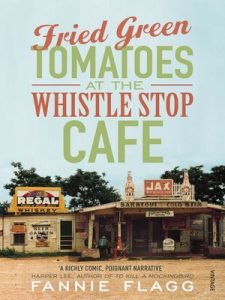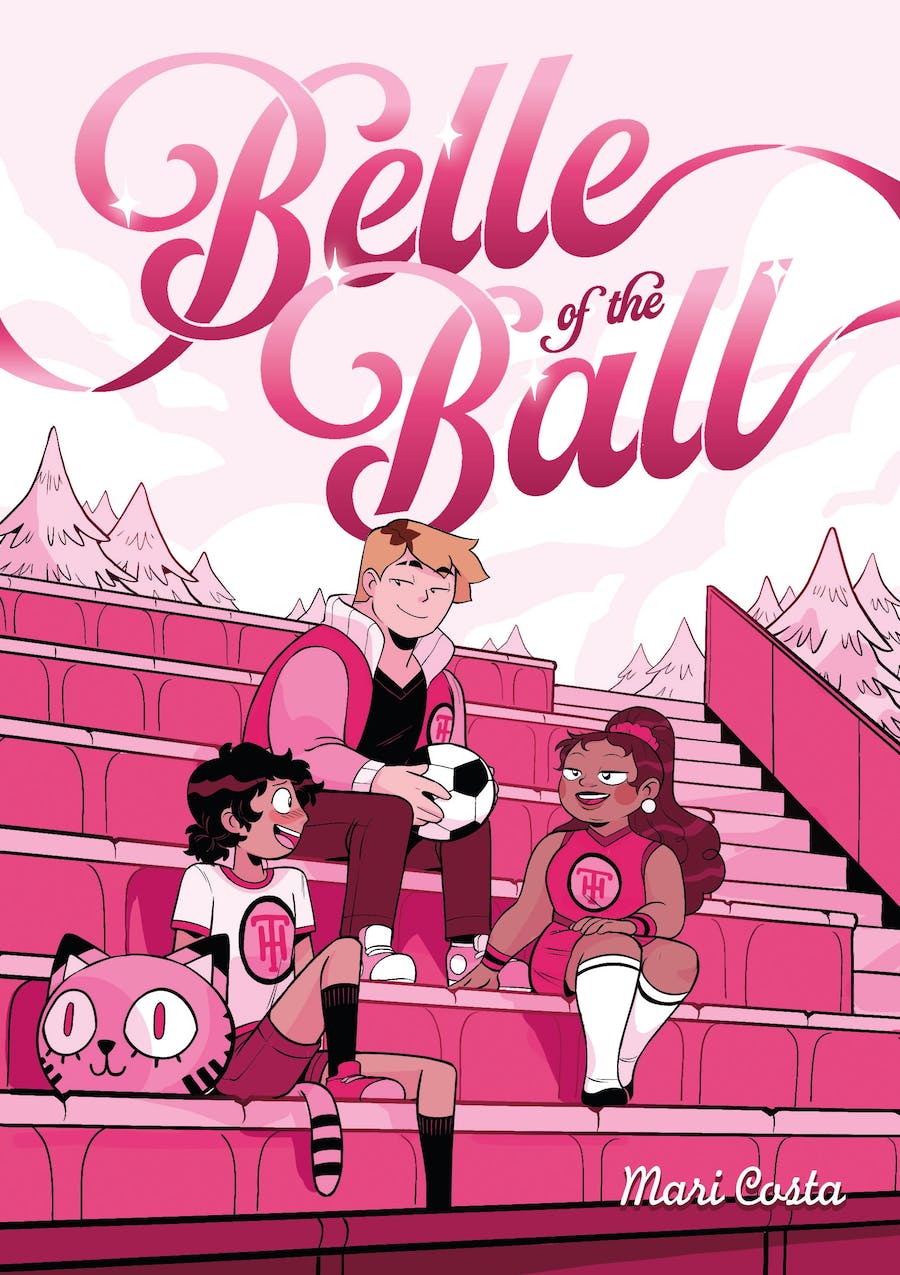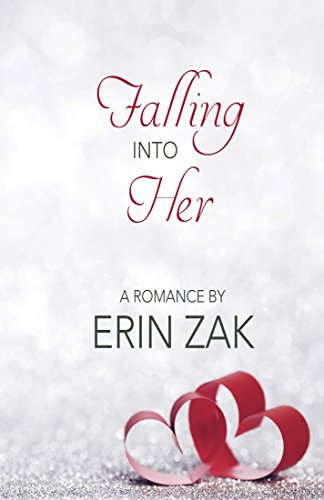Fried Green Tomatoes is a classic lesbian book. It’s one I’ve been meaning to read for a long time, and now that I have… I’m divided. On an immediate, personal level, I enjoyed reading it. It has a lot of interesting things going on. I am also surprised that I heard about this as having lesbian subtext, when it’s really quite blatant. On the other hand, I was troubled by its depiction of race. To try to untangle my thoughts, I’ll go through these one by one.
First, the queer “subtext.” When Ruth and Idgie first meet, Idgie is 15/16 and Ruth is 21(!) Idgie is immediately smitten with her, and everyone knows it. Idigie’s mother addresses her siblings with “Your sister has a crush, and I don’t want anyone to laugh at her.” Idgie is blatantly described as being “in love,” so I don’t know how that counts as subtext, except that they don’t have sex on page. There is even a fade-to-black sex scene with Idgie and another woman. Ruth notes the moment she began to love Idgie, and they share their famous “bee charmer” moment. They raise a child together, whom people often refer to as their child, with Ruth and Idgie as a unit.
With that out of the way, I can say that although I thought Ruth and Idgie were the heart of the book, they aren’t really the main characters. The book is interestingly structured. Evelyn is a middle-aged woman going through menopause, and she is unhappy with her life. She has done everything she has been told to do in order to be a “good girl,” and now that she’s had a moment to stop and look around–now that her kids are adults–she is realizing that none of that got her anywhere. Her husband drags her into a nursing home to visit her mother-in-law, but when she sneaks off to eat a candy bar, she bumps into another elderly woman, Ninny Threadgoode. Ninny regales her with stories from the good ol’ days at the Whistle Stop Cafe. The book alternates between Evelyn and Ninny’s regular visits and Whistle Stop during the 20s-60s. Interspersed are small-town newspaper clippings.
I found Evelyn interesting, as a character. She is just beginning to discover her anger, and it comes on strong. She is angry at everyone who she feels wrongs her. She creates an alter-ego which she imagines ruling the world, and doing things like dropping a bomb on the entire Middle East. She has a lot of racist thoughts. Ninny is similarly engaging, but flawed. She helps Evelyn a lot, by providing her emotional support. She obviously is very nostalgic for the times she’s describing, and I couldn’t help but get drawn in and begin to feel that nostalgia myself. She also goes on at great length about “colored folk” and ~well-meaning~ stereotypes that she has about them, as well as some ableist comments about little people. This may be accurate for a woman who grew up in the 20s, but it doesn’t mean I want to read about it at great length and for no reason. (She makes racist comments out of nowhere.)
Because I have heard about this book in the context of a feel-good read, I wasn’t expecting it go as dark as it does. There is racist and ableist slurs, abuse, rape, murder, and even (spoiler) cannibalism. What really made me reconsider how I felt about this, though, was the racism. Obviously, if you’re talking about a town in the southern US from the 20s-60s, you’re going to talk about racism, but it goes beyond that. For one thing, one of Idgie’s friends is a member of the KKK. This is shrugged off, even though Idgie and Ruth are theoretically anti-racism (they serve black people from their cafe even when the KKK protests–but they only serve black people through the back door). Then again, Idgie uses the n-word. Worse, though, are the racist caricatures that make up the black cast. Most of them speak AAVE (phonetically spelled out), and they are devoted to Idgie. Another character is described as being “so black he had blue gums,” and that kid grows up to stab his brother 5 times in the arm. (His brother, who had lighter skin, was a model citizen.) Why include that character? In fact, Artis gets a lot of page time, and I’m not sure why.
I did enjoy the tone of the book, and aspects of it. I liked Idgie and Ruth, obviously. I did feel transported to Whistle Stop, and I mourned its dismantling. But unfortunately, I just can’t freely recommend it because of the racism that’s so blatant in the text. It’s disappointing, because the parts this book does well, I loved. It’s a shame that this wasn’t interrogated more, because I do believe the intention was to call out racism, but it unknowingly perpetuated it. As much as I can see why people loved this, from a 2018 perspective, it just hasn’t aged well.




Jordan Gable says
Hi,
I know it’s a few years after you wrote this but I just wanted to say that I cannot agree more with your review. I’m glad to have stumbled on your thoughts, since my last reading of this book left me with a bad taste in my mouth. Basically, I’m relieved that my instincts were right. I can’t stress enough how much I love Ruth/Idgie and the movie version. And I also felt the same way about Artis…. There is a difference between writing a time period realistically with regard to racial issues and allowing those stereotypes to permeate the characters. I am upset that the book didn’t age well, since there are many great things about it. Parts of it made me cry.
Anyway, I’m rambling. Just wanted to say thanks for putting this out there.